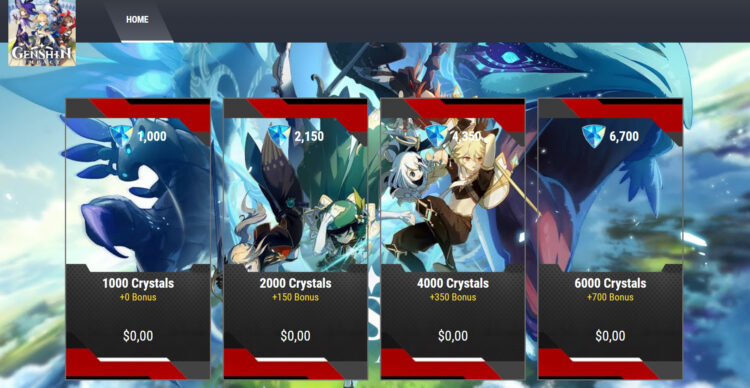

Instead of following the trend of a lot of popular Chinese free-to-play games, which were competitive but also flagrantly pay-to-win, MiHoYo went in a different direction. But even the release of MiHoYo's earliest mobile games like undead brawlers Zombiegal Kawaii and Guns GirlZ demonstrated two things: a shrewd awareness of what was popular in gaming (both games came out around the time that zombie survival games like DayZ were exploding) and a knack for killer art.Įarly on, Cai explains, MiHoYo found success by sticking to what it knew.

Before the company was even officially founded, the trio released FlyMe2theMoon, a simple mobile game where you control a cutesy anime girl with a jetpack, gliding through twisting levels to collect gems and stars. That emphasis on games for otakus, by otakus came to define MiHoYo's first few games. And all this started because MiHoYo's three founders, Cai Haoyu, Liu Wei and Luo Yuhao really love anime. A future where big-budget open-world RPGs look virtually indistinguishable between their PC and mobile versions. But don't be deceived by its roots in mobile games Genshin Impact is a big step toward a future where games are free from the barriers of your chosen gaming platform. If you started reading this and had to flip back to the front cover to double-check that this was still PC Gamer, I don't blame you. Not bad for a company that, just a decade ago, was made up of just three anime nerds who were fresh out of university.

Genshin Impact is not only fantastic, it's also the biggest global launch of a Chinese game in history. To put that in perspective, it took Fortnite's mobile version nearly two years to cross the billion-dollar threshold. And since its 2020 launch, Genshin Impact has raked in an estimated $874 million and still continues to pull in around $175 million a month-and that's just from mobile players alone. In the span of just a few months, MiHoYo has become one of China's most prestigious gaming companies.


 0 kommentar(er)
0 kommentar(er)
